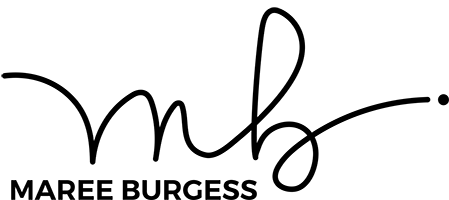
New Or Changed Language Can Help How We Learn From Failure
Avoiding words that trigger us by implying blame and encouraging language that helps us learn from failures creates safety to participate and speak up.
In her book ‘Teaming’ Amy Edmondson gives an example where a new chief operating officer (COO) of a large American hospital instituted new language to discuss safety issues.
“For example, substituting ‘study’ or ‘examination’ for ‘investigation.’ The COO thought an examination as learning how systems work and how the pieces fit together. An investigation, on the other hand, was more like a police line-up, assigning blame to someone or something in a linear search to determine a single cause.”
The safety changing our language creates for people allows them to speak up when errors and mistakes have been made. In her time at that hospital, the COO lead a palpable transformation and improved overall patient safety due largely to creating an environment for blameless reporting.
This occurs in the corporate workplace as well – we are often so fearful to say we’ve made a mistake because of the impact that mistake may have on our career, or on our relationships with team members and stakeholders.
We often assign fault to a person, when it is usually a faulty system.
Think about the language you use daily – what part of it could be modified and changed to allow people to feel safe in their workplace. What systems can we introduce into the workplace to allow people to speak up, confidentially or anonymously so that when things don’t go right, it isn’t hidden away.
For example we could replace: ‘blame’ with ‘accountable’; ‘feedback’ with ‘observation’; ‘mistake’ with ‘miscalculation’, ‘dumb thing to do’ with ‘error’.
Let me know what language you use, or could switch out!

